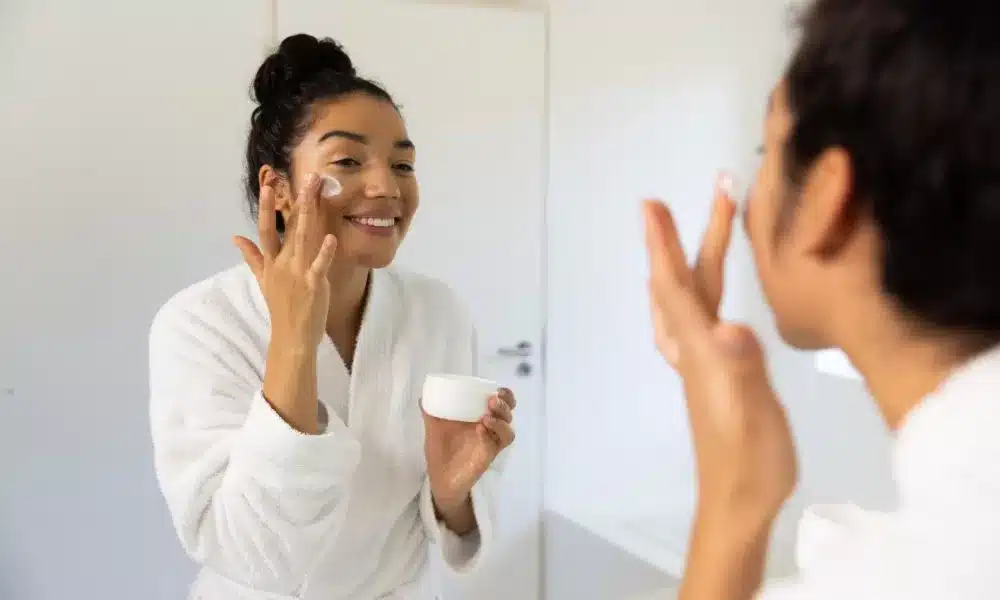Everyone has skincare struggles. From famous singers to small-town business owners, acne is a common hardship that often feels impossible to overcome.
Dermatologists can provide a professional approach to healing damaged skin. Read about the dermatologist-recommended techniques to tackle acne that can make everyone feel like a superstar with clear skin.
Exfoliate To Get Rid of Oils and Dead Skin Cells
Oil and dead skin cells are the primary causes of clogged pores and breakouts. Exfoliating is one of the best methods to remove the outer layer of skin cells and reduce the risk of acne spots.
Consistent exfoliation helps to keep the skin smooth and clear. Plus, it provides a better surface for topical acne treatments to take effect.
Chemical exfoliants, including alpha-hydroxy acids (AHAs) and beta-hydroxy acids (BHAs), produce fabulous results. They break down the bonds holding the dead skin cells together without abrasive scrubbing.
Just remember that over-exfoliation is possible; it can strip the skin of its natural oils and cause the skin to produce excessive sebum. Dermatologists recommend a balanced approach of exfoliating two to three times a week.
Apply Retinol 30 Minutes After Cleansing
Retinol is a Vitamin A derivative that increases cell turnover. It’s very helpful for acne because it unclogs pores and prevents new acne from forming.
Dermatologists often advise applying retinol to the skin roughly 30 minutes after cleansing. This waiting period allows the skin to return to its natural pH level, ensuring better retinol absorption and minimizing potential irritation.
Retinol is a product that users should introduce into their routines gradually. The American Academy of Dermatology provides an outline of how to test skincare products to avoid irritation. The skin must build up a tolerance to retinol.
Start by applying it a few nights a week, monitor the skin’s reactions, then adjust accordingly. With patience and consistency, the frequency of breakouts and the skin’s texture will improve.
Always Wear Sunscreen Before Stepping Outside
It’s a preconceived notion that sunscreen is only necessary for long, hot summer days. The truth is that sunscreen is a must-have product that should be worn on the face every day that’s spent outside.
U.S. Dermatology Partners discusses the truth behind sun exposure and acne. The sun’s UV rays can temporarily “cause pimples to clear up”; however, “sun damage suppresses the skin’s immune response.” In the long run, sun exposure causes more harm than good.
Those with acne-prone skin need to pay attention to the formula of acne-safe sunscreen. Some of the features will include non-comedogenic products or items that are fragrance-free.
Select a sunscreen that has a minimum of SPF 30. With this skincare addition, it’s possible to minimize breakouts and protect the skin from damaging UV rays.
Acne spots can accentuate the natural signs of facial aging. From sun damage to fine lines to uneven texture, acne only worsens the appearance. By implementing the dermatologist-recommended techniques, burdensome acne will become a pest of the past!

